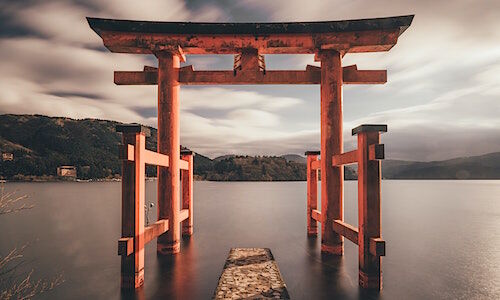Tokyo Opens Door as Refuge for Hong Kong Workers
Japanese Prime Minister Shinzo Abe suggested that the country would open doors to Hong Kongers employed in the financial sector or other specialized fields as Beijing seeks to impose the controversial national security law in the city.
«We have been welcoming foreign talent with specialized and technical abilities, including from Hong Kong, and will continue to actively do so,» Abe said, according to a «Nikkei» report (behind paywall), responding to a question from a fellow member of the ruling Liberal Democratic Party (LDP).
In 2017, Japan launched a new initiative, the «Global Financial City: Tokyo Vision», aiming to develop the capital city into a leading financial center by attracting foreign financial firms; developing the local asset management and fintech industry; and nurturing talent.
«It is important for Tokyo to remain an attractive place of business for the finance industry, and to continue developing as an international city that brings together people, information and money from around the world,» Abe said. «In order for it to become a financial center, we need to bring in more talent.»
National Security Law
Japan has been spotlighted in global politics recently as the pressures increase for the country to take a stance and demonstrate solidarity against the national security legislation. Members of the LDP in late May also urged the Abe administration through a written resolution to reconsider a planned state visit by Chinese President Xi Jinping.
«Japan is also deeply concerned by the situation,» Abe said. «We will respond appropriately in coordination with relevant countries.»
Japan is not alone in providing a home for the potential outflow of Hong Kongers due to the national security law. The U.K. government has also paved the way for a visa offer to nearly 3 million eligible for a British National Passport – international documents that pre-dated the 1997 Hong Kong which was handed over to Beijing. Taiwan has also become a popular safe haven for Hong Kongers seeking emigration and the Tsai administration said it would draft a plan to provide further humanitarian assistance to the city.
Group of Seven
«We will advance Japan's vision for the world and lead the creation of a new international order,» Abe said, referencing organizations such as the Group of Seven leading industrial nations as appropriate channels.
Japan reportedly hopes to take the lead with G7 to release a statement about «Hong Kong affairs based on the principle of ‘one country, two systems'».
In addition to finance and Hong Kong’s security law, Abe also underlined the critical need to protect Japan’s own national security and public health safety by creating a stable supply chain «based not only on price competition» suggesting more decoupling from China as a manufacturing base after it earmarked $2.2 billion in April to fund firms’ production shift out of the country.




















